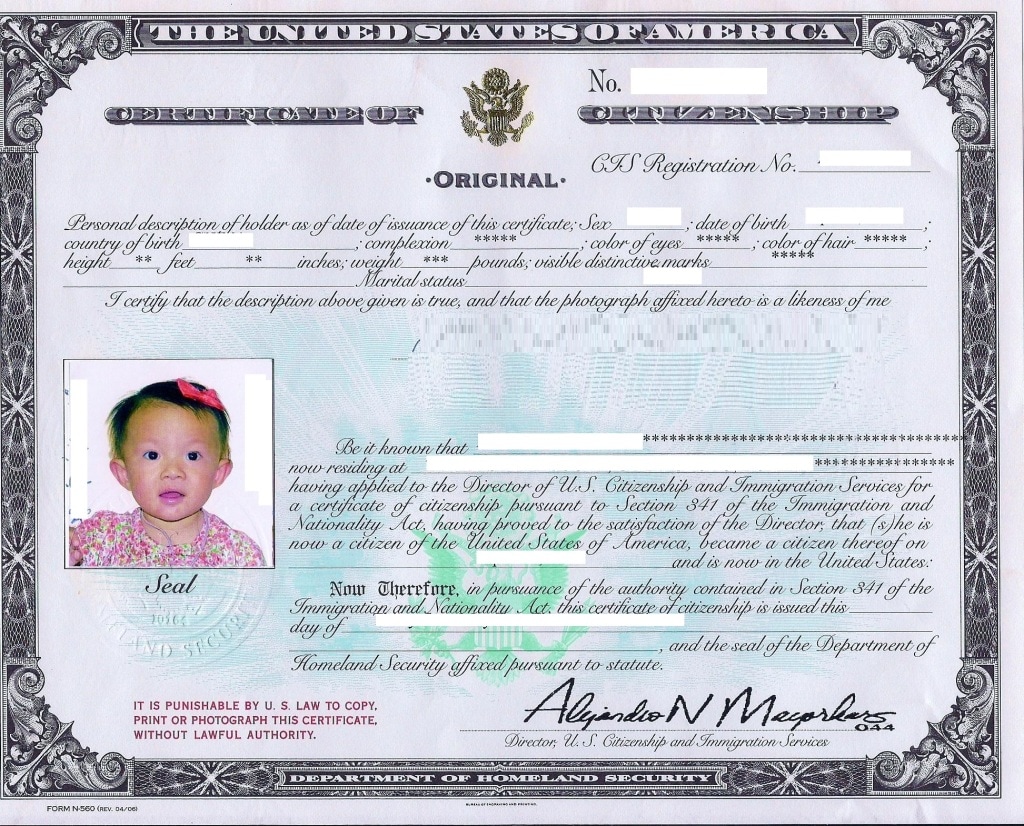The State Department will now approve U.S. citizenship for children born abroad to same-sex or heterosexual American parents via in-vitro fertilization, IVF, surrogacy and by other assisted reproductive means. Under the policy announced Tuesday, the child must be born abroad to married parents and at least one of the parents has to be a U.S. citizen. The child must have biological ties to at least one parent. The child can have biological ties to a foreign parent.
“Children born abroad to parents, at least one of whom is a U.S. citizen and who are married to each other at the time of the birth, will be U.S. citizens from birth if they have a genetic or gestational tie to at least ONE of their parents and meet the INA (Immigration and Nationality Act)’s other requirements. Previously, the department’s interpretation and application of the INA required that children born abroad have a genetic or gestational relationship to a U.S. citizen parent. This updated interpretation and application of the INA takes into account the realities of modern families and advances in ART (assisted reproductive technology) from when the Act was enacted in 1952”, the U.S. State Department said.
The U.S. Department of State guidance can be found here:






 RSS Feed
RSS Feed